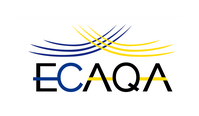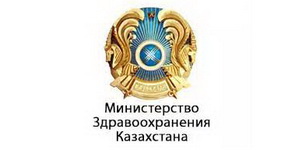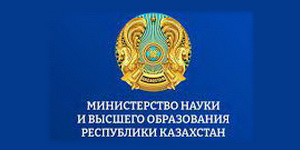On November 1-2, 2019, the APQR review panel visited The Eurasian Centre for Accreditation and Quality Assurance in Higher Education and Health Care (ECAQA) in Almaty, Kazakhstan, to review the ECAQA for compliance with the APQN Membership Criteria and Chiba Principles and consider inclusion of the ECAQA in the Asia-Pacific Quality Register (APQR).
In this regard, the ECAQA had submitted the Self-Evaluation Report (SER) and supporting documents to The Asia-Pacific Quality Register Council (APQRC). The SER provides information on the ECAQA mission and objectives, organisational structure, operations carried out during the period from 2017 to 2019, regulations, accreditation standards and procedures, national and international collaboration.
The APQR review panel included the following experts:
- Prof/Dr. Jianxin Zhang (Chair & Facilitator): APQN President, Chief Expert of Yunnan Higher Education Evaluation Centre (YHEEC) and tenured professor of Yunnan University, Kunming, China;
- Vd. Jayant Deopujari (Co-chair), President of the Central Council of Indian Medicine (CCIM), Ministry of AYUSH, RAV Guru India;
- Prof. Rie Mori, Professor of the National Institute for Academic Degrees and Quality Enhancement of Higher Education (NIAD-QE), Tokyo, Japan.
The peer review started with the first private meeting of the review panel upon arrival in Almaty on October 31, 2019.
On November 1, 2019, the second day of the APQR site visit proceeded at the ECAQA office where the participants were introduced. Following the introduction, the ECAQA Director General Saule Sarsenbayeva presented the operation of the quality assurance agency and the ECAQA Self-Evaluation Report. The meeting continued with questions and answers session which involved ECAQA leaders and staff.
During the second day of the APQR review, the experts conducted a meeting with a member of the Association "Kazakhstan Medical Council", visited the institutions accredited by the ECAQA – the Kazakh Medical University of Continuing Education and the Kazakh-Russian Medical University. Later that day a focus-group with selected external reviewers, a meeting with members of the Accreditation Council, and a meeting with representatives of professional associations-partners of the ECAQA were organised. During the peer review the ECAQA confirmed and demonstrated that its operation was based on the fundamental principles of the WHO and WFME, Guidelines for accreditation of medical education as well as the Standards and guidelines for quality assurance in the European Higher Education Area (ESG 2015).
On November 2, 2019, the third day of the peer review included presentation of the ECAQA website (www.ecaqa.org), Skype-meeting with the Chair of the ECAQA Accreditation Council, observation of the SER attachments and ECAQA documentation, a focus-group with Internal QA Unit Members, meeting with the WHO Executive Board Member, member of the ECAQA Accreditation Council.
The third private meeting of the review panel was followed by briefing and wrap-up meeting where the APQR international experts provided recommendations on improving the ECAQA operation and recommendations for the APQRC to include the ECAQA in the APQR as an organisation corresponding to the Chiba Principles. During the site visit and when examining the ECAQA SER, the APQR review panel received evidence of the professional qualification of ECAQA employees in quality assurance and accreditation.









